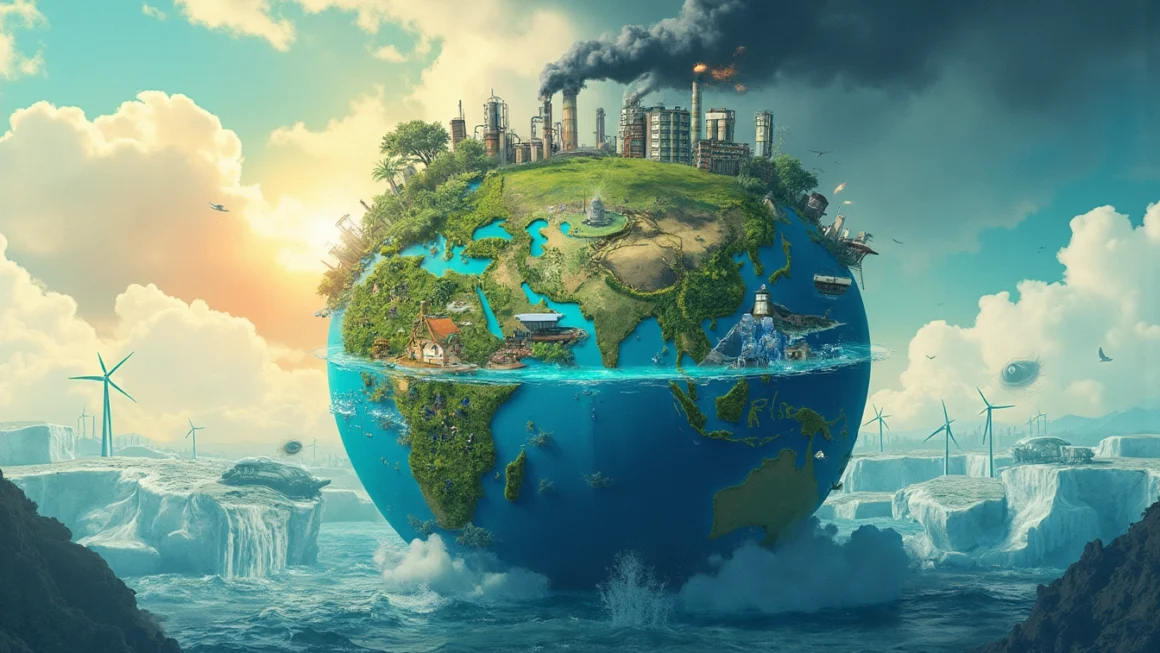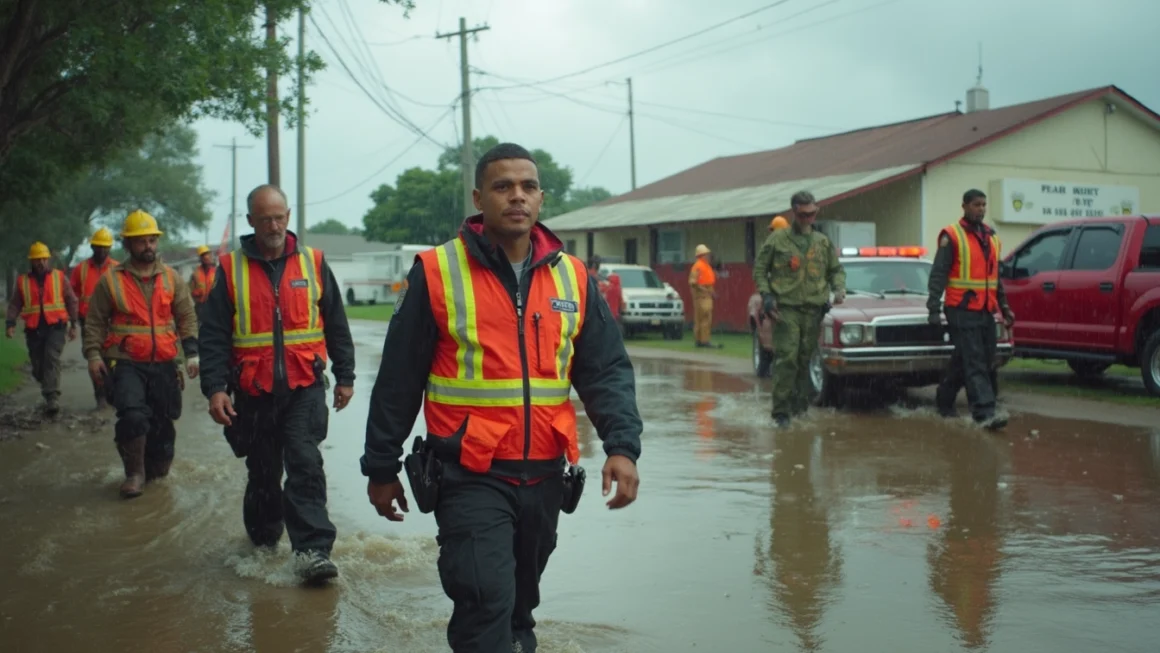An Insightful Overview of the Climate Change Challenge
Table of Contents
The impact of climate change is omnipresent and growing rapidly, prompting urgent discussions and action worldwide. This article delves into the multifaceted issues surrounding climate change, exploring both the causes and consequences of what many consider to be the most pressing challenge of our time. By understanding the various dimensions of climate change, individuals and policymakers alike can better prepare and respond to its effects.
Understanding the Causes of Climate Change
Climate change is driven by several factors, most notably the increase of greenhouse gases in the atmosphere. Primary contributors include:
- Carbon Dioxide Emissions: Predominantly from burning fossil fuels for energy and transportation.
- Methane Releases: Emitted during the production and transport of coal, oil, and gas, and from livestock and other agricultural practices.
- Deforestation: The clearing of trees reduces the Earth’s capacity to absorb CO2.
Recognizing these contributors is essential in forming effective strategies to mitigate their impact.
The Role of Human Activity
The exponential growth of human activities, particularly since the industrial revolution, has predominantly fueled climate change. The combination of industrial processes, deforestation, and increased energy needs has vastly augmented the natural greenhouse effect.
The Consequences of an Altered Climate
Climate change affects the planet on several levels, leading to substantial environmental, economic, and social consequences, which include:
- Rising Sea Levels: Resulting from melting ice caps and glaciers, threatening coastal communities.
- Extreme Weather Events: Increased frequency and severity of hurricanes, droughts, and floods.
- Impact on Biodiversity: Altered habitats leading to threats to wildlife and ecosystems.
Global Economic Implications
As the climate changes, so too does the global economy. Agricultural yields are impacted, water resources become scarcer, and health challenges increase, often leading to significant financial burdens on nations and individuals alike. Addressing these economic challenges requires global cooperation and innovative solutions.
Addressing the Climate Change Crisis
Mitigating the effects of climate change calls for a concerted effort across various sectors:
- Transition to Renewable Energy: Shifting from fossil fuels to solar, wind, and other sustainable energy sources.
- Enhancing Energy Efficiency: Utilizing technology to reduce energy consumption and waste.
- Policy Measures: Implementing legislation that supports sustainable practices and penalizes heavy polluters.
The Importance of Individual Action
While government actions are crucial, individuals also play a significant role in combating climate change. Simple actions like reducing waste, conserving energy, and choosing sustainable products can collectively make a difference. As individuals, adopting lifestyle changes contributes to a broader cultural shift towards sustainability.
And although the challenges are daunting, tools and platforms are emerging to automate and streamline actions against climate change. For those interested in integrating automation into their strategy, make.com offers an opportunity to automate processes that contribute to environmental awareness and efficiency.
Conclusion
Climate change remains one of the most significant challenges of the 21st century, affecting every aspect of life on Earth. By understanding its causes, embracing economic and policy solutions, and taking personal responsibility, we can work collectively to mitigate its impacts. Engaging in informed actions not only helps the planet but also secures a sustainable future for generations to come.




